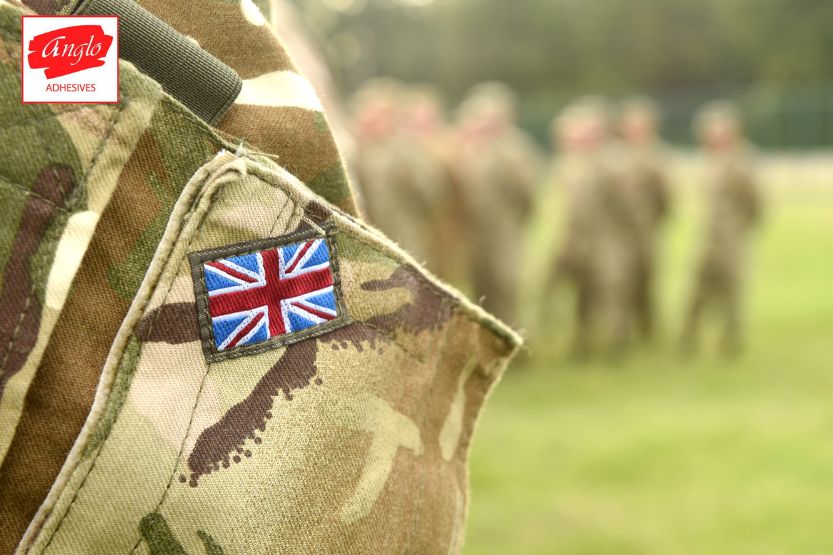Blog
How do you select the right military adhesives for your needs?

Military adhesives are essential for the integrity and durability of many applications. The choice of adhesive could make the difference between success and failure when working on equipment, vehicles, or structures. In this article, we will look at how to select the most beneficial military adhesives for your specific needs, highlighting the necessity of choosing the perfect glue for each activity.
Knowing the Use of Military Adhesives
Military adhesives are specifically formulated to meet the stringent requirements of the defence industry. These requirements include high strength, durability, resistance to harsh environments, and, in many cases, compliance with military standards and regulations. Adhesives are used in various applications, such as assembling vehicles, bonding armour, sealing structures, and more. It is essential to understand your project’s unique demands and select the right adhesive to ensure the safety and success of your mission.
Key Factors to Consider
Strength and Durability: Military applications often require adhesives with exceptional strength and long-term durability. Evaluate the materials you are bonding with and the expected stress and environmental conditions. Different adhesives have varying levels of tensile strength, shear strength, and resistance to chemicals and UV exposure.
Temperature Resistance: Military operations can expose adhesives to extreme temperatures, from freezing cold to scorching heat. Ensure the adhesive you choose can withstand these conditions without degrading or losing its bond strength.
Environmental Conditions: Military adhesives must perform in diverse and challenging environments. Consider factors such as exposure to water, saltwater, chemicals, and radiation when selecting an adhesive.
Compliance with Military Standards: Many defence projects require compliance with specific military standards and certifications. Check the relevant standards, such as MIL-PRF-81733 for aerospace adhesives, to ensure your adhesive choice meets the necessary requirements.
Ease of Application: Some military adhesives are more user-friendly than others. Consider the application method and whether it is suitable for your project. For instance, some adhesives require mixing before application, while others come in convenient pre-mixed forms.
Curing Time: The time it takes for the adhesive to cure and attain full strength is a critical factor, especially in time-sensitive military operations. Consider the curing time and whether it aligns with your project’s timeline.
Cost vs. Performance: Balance your budget with performance expectations. While it’s essential to choose a high-quality adhesive, it’s also important to consider the cost-effectiveness of the product.
Popular Types of Military Adhesives
Epoxy Adhesives: Known for their exceptional strength and durability, epoxy adhesives are widely used in military applications. They can bond with various materials and are resistant to chemicals and environmental stress.
Cyanoacrylate Adhesives: Commonly known as superglue, cyanoacrylate adhesives are quick-curing and suitable for bonding plastics, rubber, and metals. They are known for their high strength and resistance to moisture.
Polyurethane Adhesives: These adhesives offer flexibility and resilience, making them suitable for applications with frequent movement and vibration. They are also resistant to moisture and UV exposure.
Silicone Adhesives: Silicone adhesives excel in high-temperature and extreme environmental conditions. They provide excellent sealing and protection against moisture and chemicals.
Choosing the best military adhesives is an important step in any defence endeavor. Remember that there is no such thing as a one-size-fits-all solution, so adjust your adhesive selection to the individual requirements of your project. Precision and dependability are the cornerstones of success in the world of military adhesives.